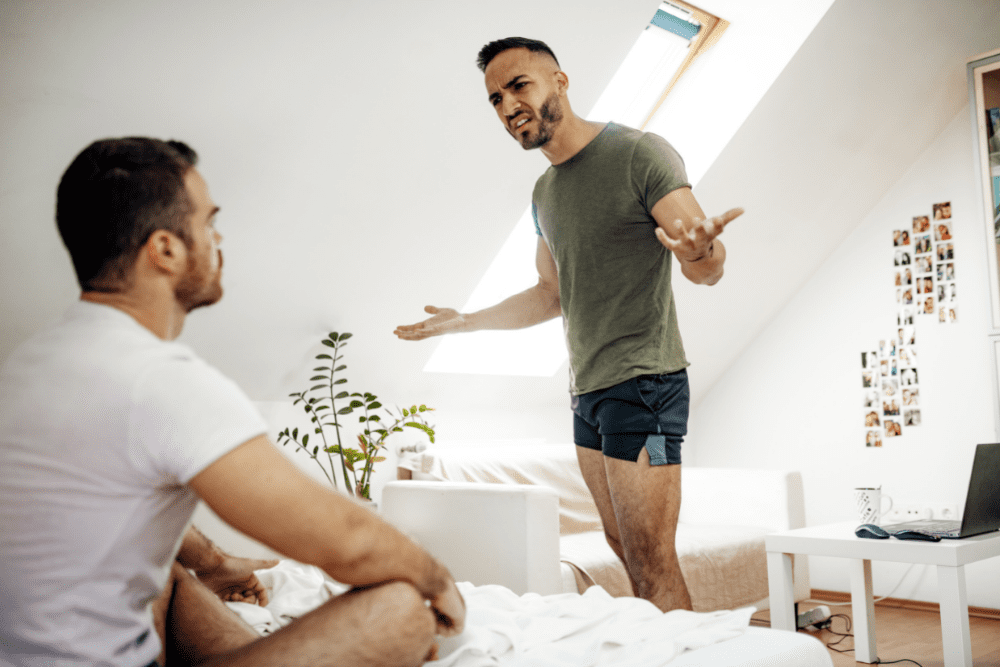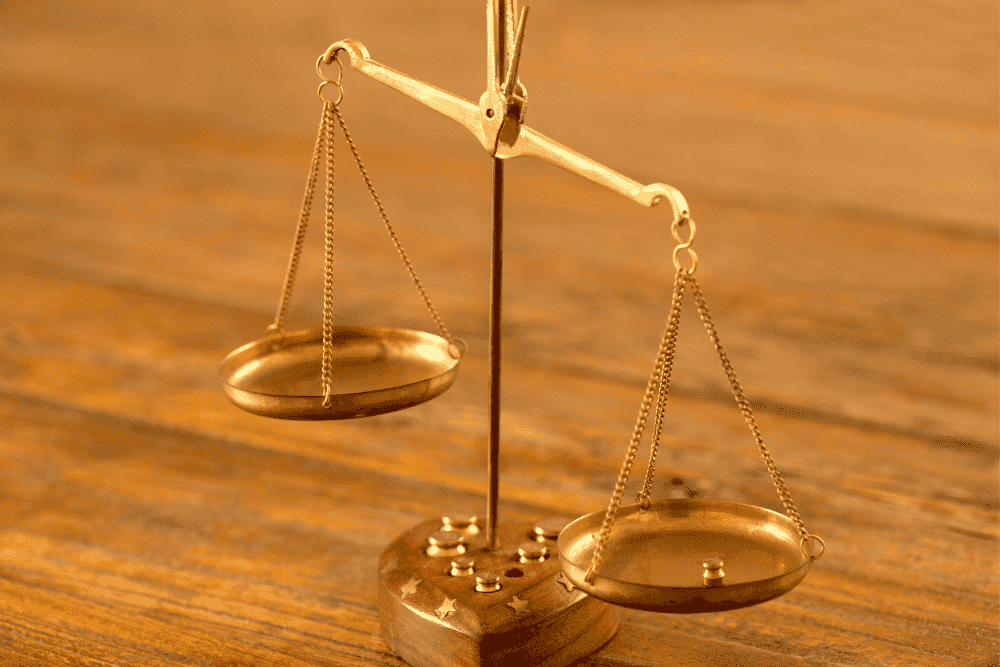- Home
- THE FIRM+
- Criminal Defense+
- CASE RESULTS
- AREAS WE SERVE+
- FAQ’s
- Blog
- Contact
AZHARI LLC BLOG

Posted By: Sami Azhari
Category:
Domestic violence is not limited to heterosexual couples — it can occur in LGBTQ relationships in Illinois as well. Unfortunately, we often hear about it less because many domestic violence victims in same-sex relationships are reluctant to seek help due to fear of discrimination or bias.
An additional factor? Only recently have LGBTQ people become eligible for domestic violence protections in every state; North Carolina was the final state in the country to allow such protections.
Same-Sex Domestic Violence Statistics
Here are some sobering statistics regarding domestic violence in the LGBTQ community:
- 8% of lesbian women and 61.1% of bisexual women have experienced rape, physical violence, and/or stalking by an intimate partner at some point in their lifetime vs. 35% of heterosexual women
- 26% of gay men and 37.3% of bisexual men have experienced rape, physical violence, and/or stalking by an intimate partner in their lifetime vs. 29% of heterosexual men
- 20% of victims have experienced some form of physical violence
- 16% have been victims of threats and intimidation
- 15% have been verbally harassed
- 4% have experienced sexual violence
Forms of Abuse in the LGBTQ Community
While physical, sexual, and emotional abuse occur in both heterosexual and same-sex relationships, there are some forms of abuse that are unique to LGBTQ victims. The following are just some of these types of abuse:
- Threatening to “out” the victim
- Telling the victim that no one will come to their aid because of their sexual orientation or gender identity
- Telling the victim that they deserve the abuse because of their sexual orientation or gender identity
- Telling the victim that the abuse is not domestic violence if it occurs between LGBTQ people
- Telling the victim that such abuse is “normal” in an LGBTQ relationship
- Denying the victim’s identity
Along with the above types of abuse, transgender individuals face addtional forms of abuse, including the following:
- Calling the victim “it” or not using their preferred pronouns
- Making fun of the victim’s body
- Telling the victim they are not a “real” man or woman
- Creating barriers to medical treatment or hormones
- Hiding or removing items that aid in presenting the victim as their gender
- Keeping the victim from revealing they are transgender
There are certain forms of abuse that are unique to intersex and asexual individuals as well.
Barriers to Getting Help
Here are some of the most common obstacles to getting help that many LGBTQ victims of domestic violence face:
Lack of services for LGBTQ individuals – Few shelters or organizations are equipped or prepared to help LGBTQ individuals and their unique challenges. Victims may end up lying to hide their identity, or feel like they have to “come out’ in order to get help. Unfortunately, because many shelters and service provider staff lack knowledge of LGBTQ issues, they may behave in a homphobic or transphobic manner.
Discrimination from police – Law enforcement officials may be subject to common myths about LGBTQ relationships (e.g. that partners in same-sex relationships abuse each other). The victim may also believe that revealing the abuse will result in further discrimination.
Lack of resources for LGBTQ individuals – Many states still allow discrimination against LGBTQ people, which can make finding and getting employment, housing, and medical care difficult or impossible. This may make the victim dependent on their abuser. Also, some states do not allow victims to get a restraining order against someone of the same gender unless the couple were or are married.
Isolation – Lack of contact with other LGBTQ individuals may make the victim feel lonely and afraid to leave their abuser.
Illinois Domestic Violence Law
According to the Office of the Illinois Attorney General, “Any person who hits, strangles, kicks, threatens, harasses, or interferes with the personal liberty of another family or household member has broken Illinois domestic violence law.”
Family or household members include people who were or are married, as well as people who were or are dating — including same-sex couples. Victims of domestic violence in Illinois can obtain an order of protection, which may protect the victim in a number of ways, such as prohibiting the abuser from continuing threats and abuse and ordering the abuser to stay away from you.
If the abuser violates the order of protection, that itself is another crime. Violating an order of protection is a Class A misdemeanor for the first offense; violating it a second time can be a felony.
Being Charged with Domestic Violence in Illinois Is Not the Same as Being Found Guilty
While no one deserves to be a victim — regardless of sexual orientation — it is important to remember that an accusation or a charge are not the same thing as a conviction.
There are numerous reasons people are driven to abuse others and some of these can actually be used in your defense to help reduce the charges or penalties you face and put the focus on rehabilitation. On the flip side, people claim domestic abuse for all kinds of reasons as well. If you believe you have been wrongfully accused, fighting back is vital.
Find Support and Legal Protection Against LGBTQ Domestic Violence
Domestic violence in the LGBTQ community is a significant issue that often goes underreported due to fear of discrimination and lack of proper resources. If you or someone you know is experiencing domestic violence, it’s crucial to reach out for help. Sami Azhari understands the unique challenges faced by LGBTQ individuals and is committed to providing compassionate, skilled legal representation. Don’t suffer in silence—contact us today for support and to explore your legal options to ensure safety and justice.
About the Author
Sami Azhari has been working as a lawyer since 2007, after receiving his Juris Doctor from the Michigan State University College of Law. He has handled numerous state and federal cases, and is known throughout the Chicago and Rolling Meadows area for providing his clients with high-quality, skilled representation. He has been recognized by Avvo (2013 and 2018), SuperLawyers (2015-2020), The National Trial Lawyers, and other notable organizations, and has spoken at a number of legal conferences.



























































